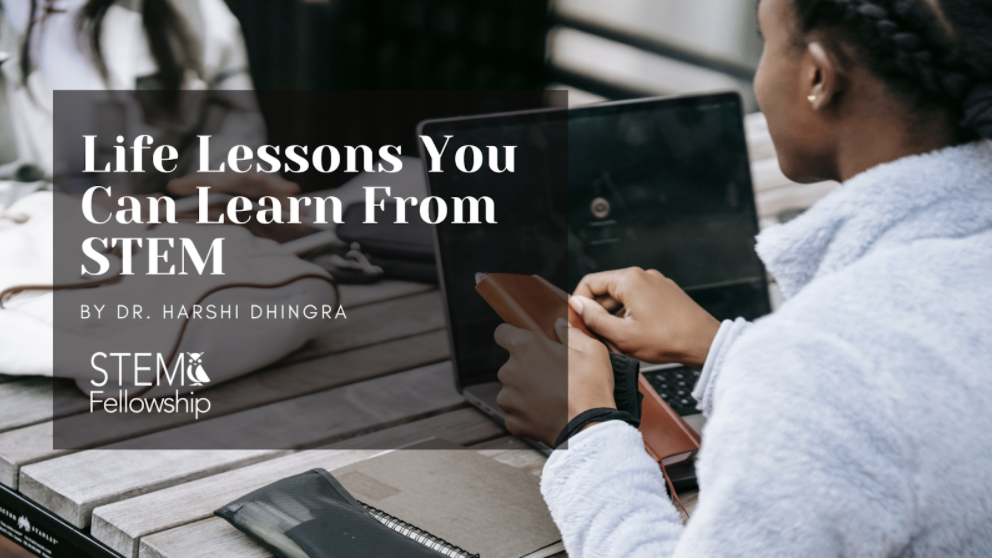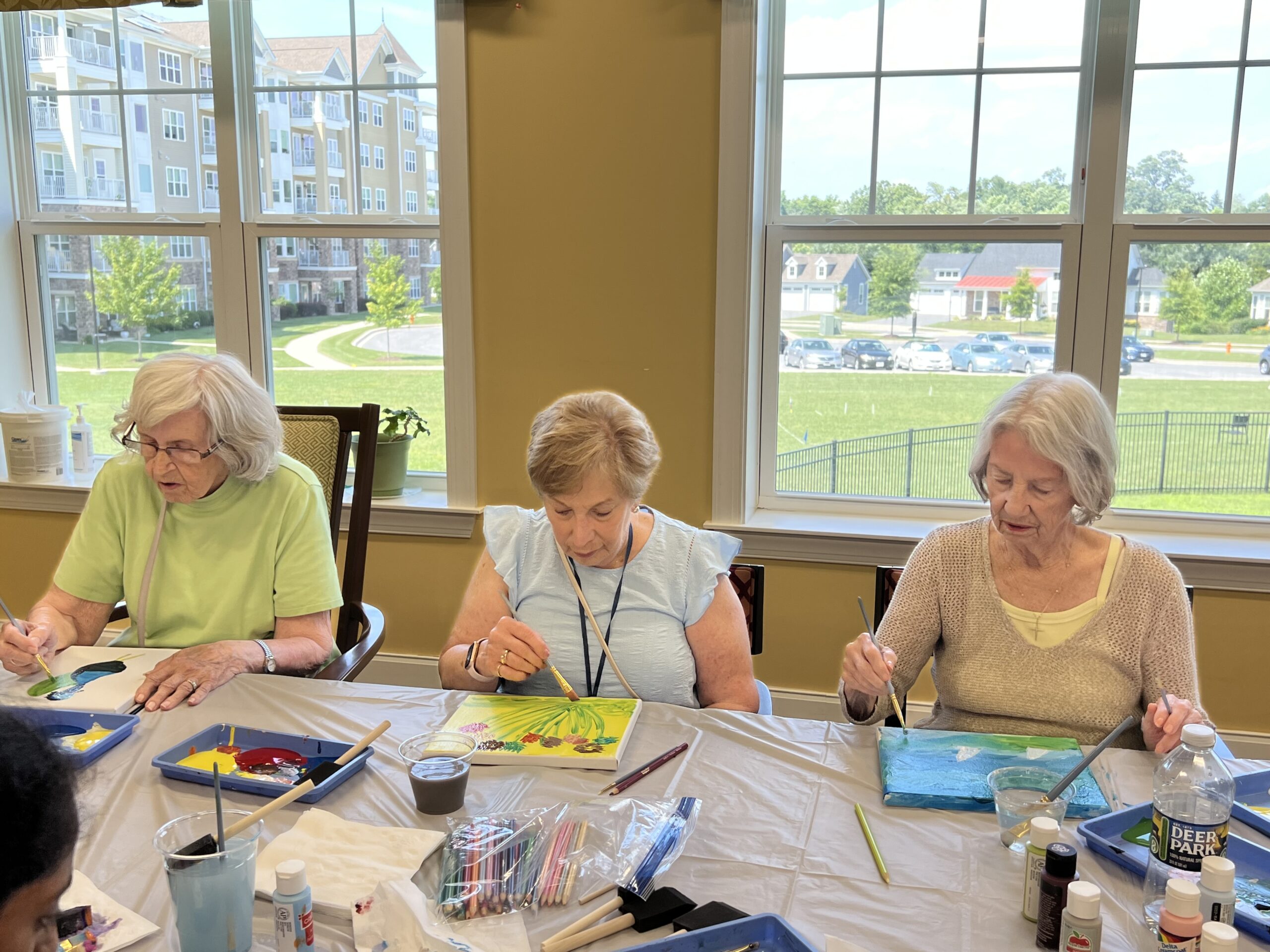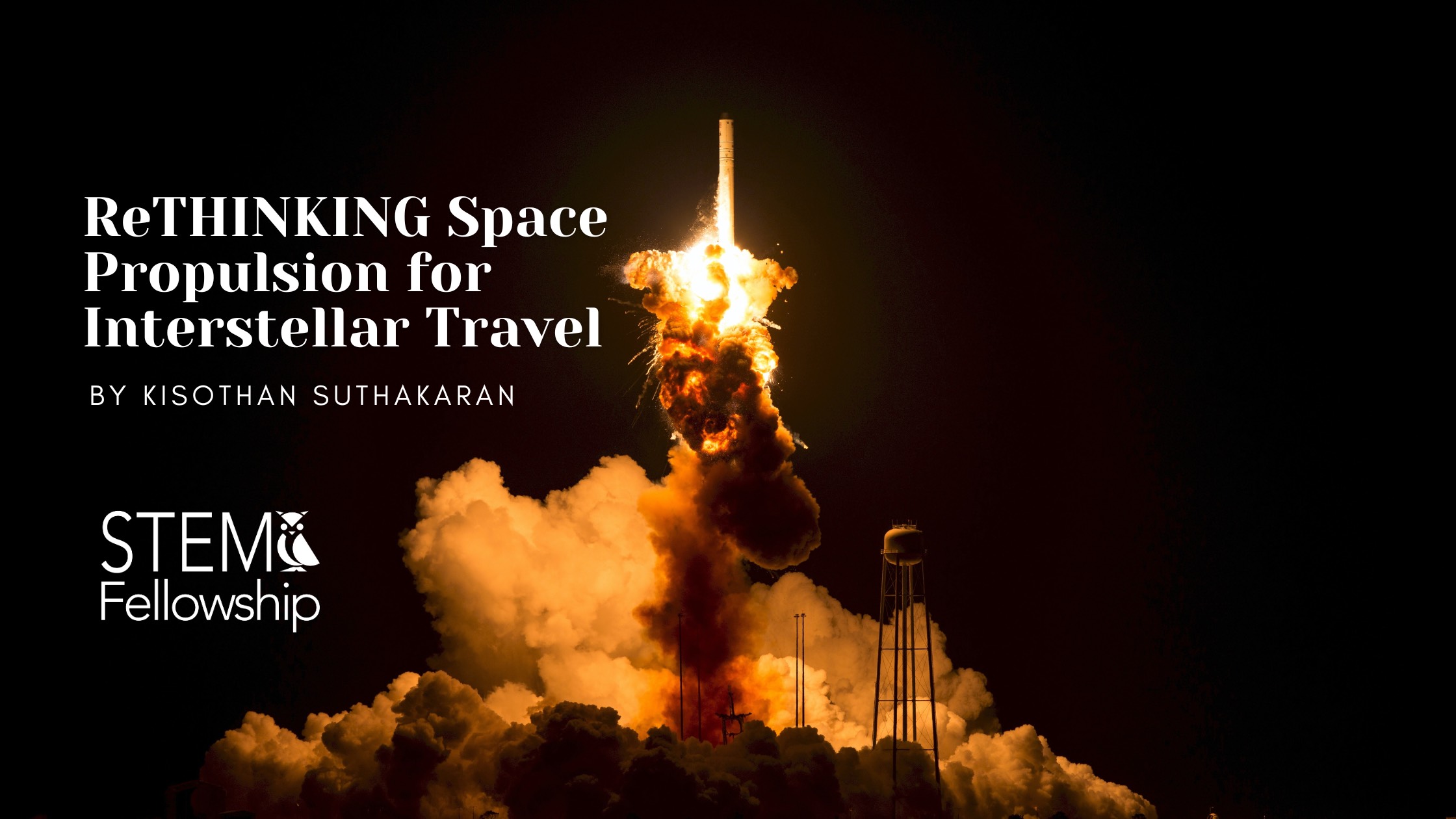STEM is an abbreviation for Science, Technology, Engineering, and Math fields of study that rely on facts and evidence rather than emotion. The National Education Association suggests that the skills learned through STEM education can be applied to some of life’s challenges, leading to a happy life both at work and at home.
What are some of the life lessons that you can learn in the study of STEM? Some of the most prevalent highlight the importance of teamwork, critical thinking, curiosity, individuality, and independence. Not surprisingly, we learn many of these lessons during childhood when STEM is first taught in school, as a piece by the Home School Hub suggests.
Teamwork
Teamwork is a feature of modern STEM, whether it is developing a new treatment for a fatal disease or constructing rockets to further the exploration of space. Students internalize this truth when they work with lab partners or co-authors.
In life, we often employ teamwork to solve problems and advance ourselves. Education involves interacting with teachers, counselors, and even fellow students to gain knowledge that will be useful later in life. In the business world, we often operate as part of a team to create goods and services for the companies we work for. When unexpected personal problems arise, such as divorce, illness, and the passing of a loved one, we depend on a team of people including friends and families, healthcare professionals, and other social support systems to get us through. Although not exactly alike, the teamwork skills we hone in STEM can be used to survive and thrive in life as well.
Critical Thinking
Critical thinking is an inherent part of STEM and it’s believed this skill also translates into the personal lives of STEM students. Scientists are taught to look at the evidence and follow its path, a good approach when it comes to studying questions ranging from climate change to disease etiologies.
Critical thinking is also useful in our daily lives. Much grief can come from making unwarranted assumptions, such as believing baseless preconceptions in a relationship or believing a dull pain in the chest is no cause for concern. Critical thinking means having a frank conversation with one’s partner in the first instance and seeking healthcare in the second.
Curiosity
STEM is advanced by an intense curiosity about the universe and how it works. Why do we age the way we do, and can we do anything about it? How did the universe begin and how will it end? Is there a better and greener way to generate energy, without which human civilization cannot survive? Curiosity about these and other big questions drives people to advance the frontiers of knowledge.
In his 2012 book The Corner Office: Indispensable and Unexpected Lessons from CEOs on How to Lead and Succeed, author Adam Bryant asked over 700 CEOs which qualities they see most in people who succeed; curiosity was the number one answer. If you aren’t curious, you can’t ask the question that commences your quest to test a hypothesis, design a possible solution for a problem, or perform any of the other trial and error approaches central to much of STEM.
And that curiosity can pay off when it carries over into your personal life. Research has shown that curiosity is linked to happiness, academic enjoyment, better work performance, intimate personal relationships, and even reduced anger in healthcare settings.
Individuality and Independence
A classic example of why individuality and independence is important in STEM is the story of Galileo. Galileo, a 17th century Italian academic, used the then-new invention of the telescope to revolutionize astronomy. He discovered, among other things, the four largest moons of Jupiter, the rings of Saturn, and the mountains of the moon. He confirmed the Copernican idea that the Earth is not the center of the universe, a discovery that caused strife with the Inquisition. While he was forced to recant his findings, Galileo ultimately was vindicated as a man of Science. Nonetheless, he was persecuted by purveyors of superstition and intolerance.
The life lesson of Galileo and other scientists and engineers is that you must always maintain your individuality and independence, even if the evidence points you in a direction that others disagree with.
In fact, scientists who draw on their own personal backgrounds can help move the needle on our understanding of unexplored subjects. For example, Kellen A. Marshall-Gillespie, a doctoral student in urban ecology at the University of Illinois at Chicago, noticed that her neighbors were experiencing respiratory health issues because of air pollution in the area and sought to test whether it also affected the growth and development of plants in the same area. Her sense of independent and individual questioning led her down a path of studying not only ecology, but also the effects of environmental inequalities and racism on ecosystems:
“Environmental inequities and racism [have] tremendous implications for the sustainability of natural systems and ecosystem services,” she wrote for the Ecological Society of America. “I felt a deep charge to connect the social benefits of studying ecosystem services, [environmental justice], and segregation.”
Marshall-Gillespie delved deeper into the environmental impact of racial biases, which she continues to probe through her doctoral research, a radio show, and her work with the Eden Place Nature center.
Scientific Process Applied to Life
A recent article in Forbes by Ethan Siegel, who holds a Ph.D. in astrophysics, about translatable life lessons scientists learn is well worth a look. The lessons stated by Siegel are paraphrased here:
- Even wrong ideas are worth pursuing
- Defining the problem is often harder than solving it
- Big advances require challenging your assumptions
- Math is more important than intuition
- Better ways of doing things can only be found if you put them to the test
Conclusion
STEM has certain rules, based primarily on evidence; life can be approached in a similar fashion. Thus, maybe people who take the time to learn the lessons taught in STEM lead happier, more fulfilling lives? You won’t know until you try.
Sources
Nea.org – Life Lessons Through Science
Learning-center.homesciencetools.com – How Science Teaches Life Skills
Enterrasolutions.com – STEM Education helps Students Think Critically
Ncbi.nlm.nih.gov – Research and Critical Thinking : An Important Link for Exercise Science Students Transitioning to Physical Therapy
Amazon.com – The Corner Office: Indispensable and Unexpected Lessons from CEOs on How to Lead and Succeed Paperback – April 24, 2012
Kortivity.com – The Link Between Curiosity and Success
Tandfonline.com – Curiosity and Exploration: Facilitating Positive Subjective Experiences and Personal Growth Opportunities
Psycnet.apa.org – Predicting success in college: A longitudinal study of achievement goals and ability measures as predictors of interest and performance from freshman year through graduation.
Onlinelibrary.wiley.com – Field investigation of the relationship among adult curiosity, workplace learning, and job performance
Guilfordjournals.com – Trait and State Curiosity in the Genesis of Intimacy: Differentiation From Related Constructs
Berkeley.edu – Researcher offers steps to help doctors move past anger with patients
Britannica.com – Telescopic Discoveries of Galileo
Sites.google.com – Kellen A. Marshall-Gillespie
Scientificamerican.com – Scientists Draw on Personal Experience to Guide Their Curiosity
Forbes.com – 5 Vital Lessons Scientists Learn That Can Better Everyone’s Life

Author:
Dr. Harshi Dhingra is a licensed medical doctor with a specialization in Pathology. She is currently employed as faculty in a medical school with a tertiary care hospital and research center in India as well as a medical reviewer for Sunshine Behavioral Health. She has over 10 years of experience in diagnostic work, clinical work, research, and teaching. She has a strong interest in medical writing and reviewing. She also has several publications and citations in indexed peer-reviewed journals.
Contact Dr. Harshi Dhingra:harshis@sunshinebh.com
LinkedIn: https://in.linkedin.com/in/harshi-dhingra-a95a7ba5






